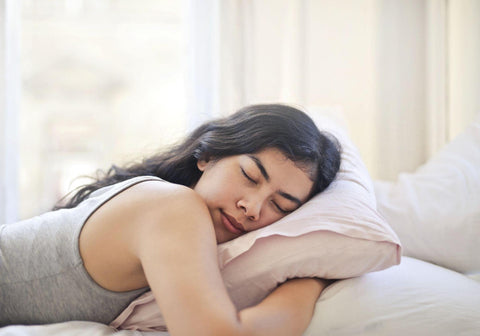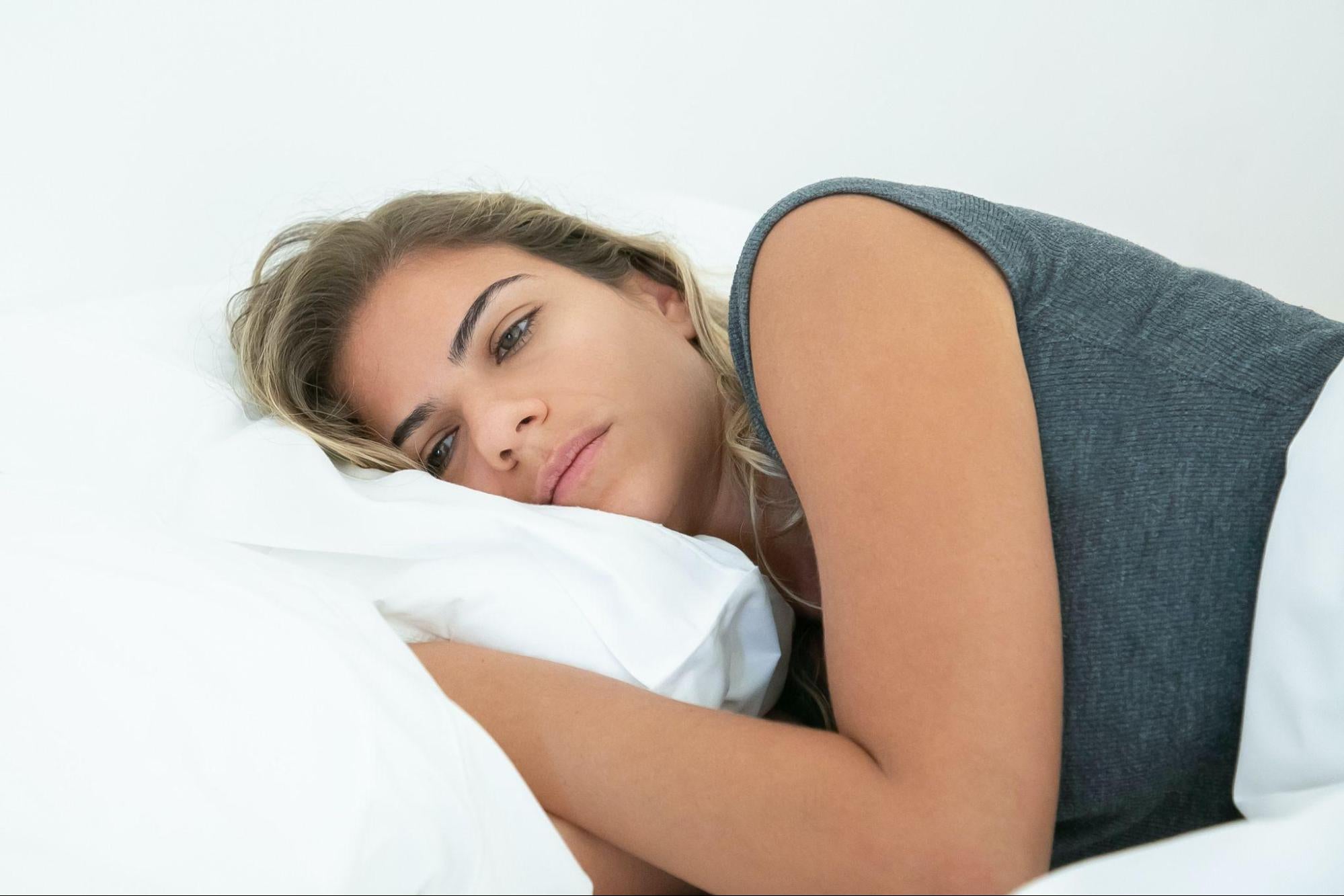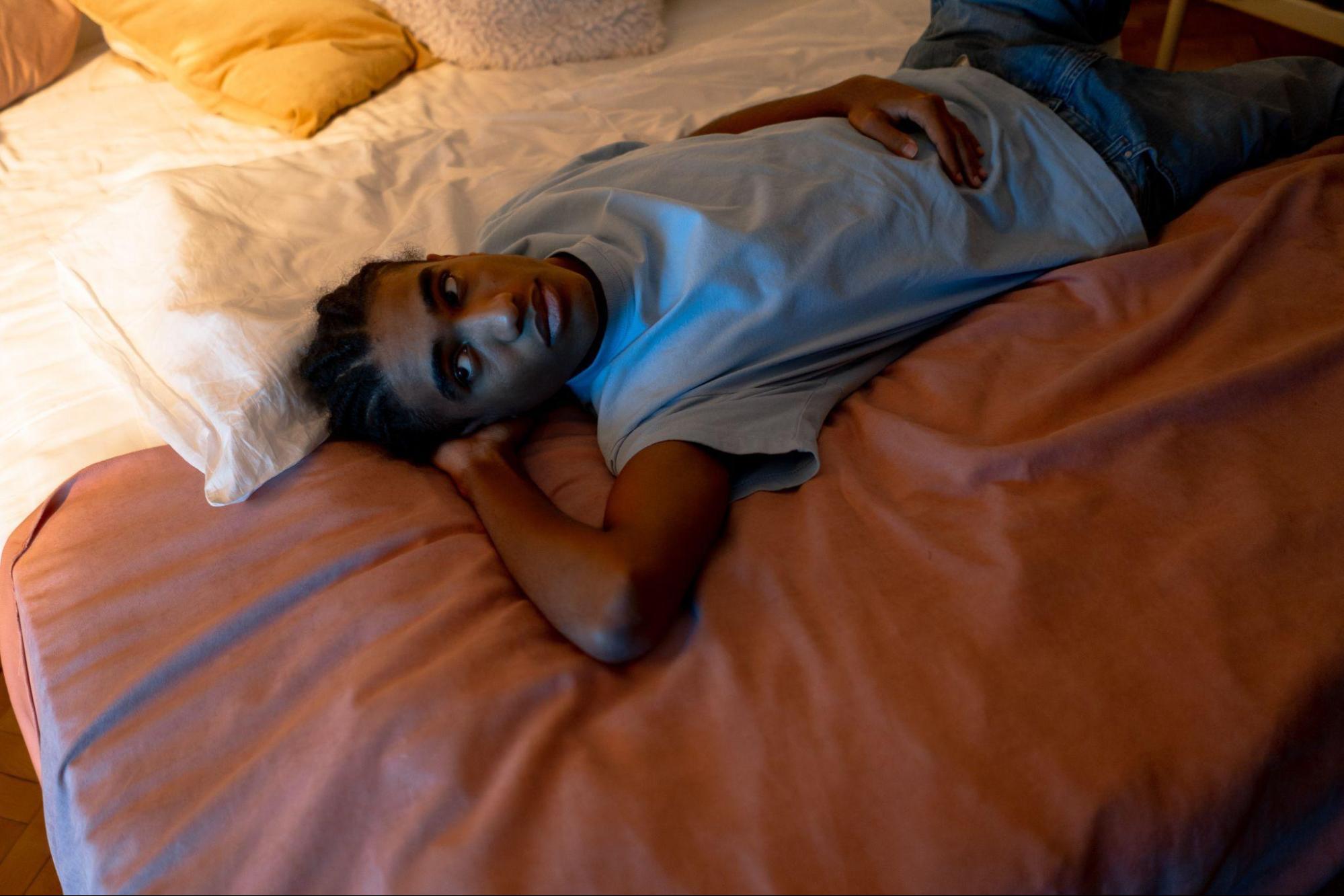For athletes, optimizing performance goes beyond just training and nutrition; sleep plays an equally crucial role. Proper sleep hygiene ensures that one is not just getting the required amount of sleep, but also ensuring that this sleep is restful and rejuvenating, setting the stage for peak physical and mental performance.
However, in a world filled with distractions and an ever-increasing pace of life, maintaining good sleep hygiene can be a challenge. For athletes aiming to get a competitive edge, understanding and implementing effective sleep strategies becomes vital. Read on to uncover the top 10 sleep hygiene tips that can transform an athlete's rest routine and consequently, their performance.
Related Link: Best Over-the-Counter Sleep Aids Backed by Science
1. Prioritize Consistency: Cultivate a Habitual Sleep Pattern

Establishing and religiously adhering to a consistent sleep schedule is of paramount importance. This means maintaining uniformity in bedtime and waking hours every single day, including weekends and holidays. By doing so, athletes can train their internal body clock to adhere to a set rhythm. Such consistency not only augments sleep quality but also deepens the rest, ensuring the body is well-restored. As athletes stick to this pattern, over time, the act of waking up becomes less forced and more instinctual, diminishing the need for those jarring alarm clocks.
2. Craft a Pre-Sleep Ritual: Setting the Stage for Rest
A purposefully crafted pre-sleep ritual serves as a gentle reminder to the body, indicating it's time to transition into rest mode. This could be as simple as reading a non-stimulating book, engaging in light yoga or stretching routines, or practicing deep breathing exercises. Each of these activities can greatly diminish nightly anxieties, creating a state of tranquility. For athletes, integrating muscle relaxation exercises into this nightly routine not only prepares the mind but also accelerates physical recovery.
3. Optimize Your Sleep Environment: Creating a Restful Sanctuary
Every athlete should view their bedroom as a serene sanctuary, specifically designed to foster sleep. This involves ensuring that the environment is pitch-dark, devoid of noise, and relatively cool in temperature. Considerations such as blackout curtains to ward off external light, earplugs to counter ambient noises, or a white noise machine to create a soothing background sound can be invaluable. Further refinement can be achieved by investing in a premium quality mattress and pillows that align with an individual's sleeping preferences and posture.
4. Limit Screen Time Before Bed: Safeguarding Melatonin Production
The pervasive blue light emanating from screens—be it phones, tablets, or computers—can significantly hamper the secretion of melatonin, an essential sleep-inducing hormone. Athletes, given their need for prime rest, should ideally power down these devices a minimum of one hour prior to hitting the sack. In situations where screen usage is unavoidable, resorting to blue-light filtering apps or donning blue-light-blocking glasses can serve as effective countermeasures.
5. Be Mindful of Diet and Caffeine Intake: Eating for Sleep
The correlation between dietary choices and sleep quality is undeniable. Athletes should exercise caution, avoiding hefty meals, stimulants like caffeine, and depressants like alcohol as bedtime approaches. Even though alcohol may induce drowsiness initially, its subsequent effect disrupts the crucial REM sleep phase. Similarly, caffeine, prevalent in beverages like coffee and certain teas, and even in chocolates, can linger in the system for extended periods, posing challenges to timely sleep onset.
Related Link: Losing Weight Fast
6. Embrace Napping, but with Caution: The Art of Daytime Rest
Short, rejuvenating naps can be a godsend for athletes, especially in the wake of intense physical exertion. A brief power nap, lasting between 20-30 minutes, can markedly uplift mood, sharpen alertness, and even enhance athletic performance. However, there's a caveat: longer or erratic daytime naps can interfere with nocturnal sleep. It's a delicate balance that athletes must strike, ensuring their napping habits don't backfire.
7. Incorporate Relaxation Techniques: Calm the Mind, Restore the Body
Relaxation techniques like meditation, focused breathing exercises, and progressive muscle relaxation are potent tools in an athlete's sleep toolkit. Their dual benefits include pacifying a racing mind and expediting muscle recovery—both crucial for athletes. Carving out a few dedicated minutes for these practices right before bedtime can transform the sleep experience, leading to more restful nights.
Want to boost your performance with high-quality, all-natural supplements? Check out HUMBLEROOTS today!
8. Monitor Liquid Intake in the Evening: Balance Hydration and Uninterrupted Sleep
While staying hydrated ranks high in an athlete's priorities, moderating evening fluid intake is equally crucial. The reason is simple: excessive liquids can increase nocturnal bathroom visits, fragmenting the sleep cycle. By concentrating on hydrating adequately during the early parts of the day and tapering off as the evening progresses, athletes can achieve the golden mean.
9. Stay Active, But Not Too Close to Bedtime: Timing is Everything
Engaging in regular physical activity undoubtedly fosters superior sleep quality. Yet, the timing of such activity is pivotal. Rigorous workouts or intense training sessions, when done too close to bedtime, can invigorate the body, making sleep elusive due to a spike in endorphin levels. Thus, athletes should strive to conclude their physical exertions a few hours ahead of their intended bedtime.
10. Seek Professional Guidance When Needed: An Ounce of Prevention
Despite best efforts, if sleep remains a challenge, it might be indicative of an underlying issue. Sleep disorders like insomnia or sleep apnea shouldn't be overlooked. In such cases, consulting with a sleep specialist can provide tailored solutions and strategies. Their expertise ensures that sleep resumes its rightful role as a rejuvenating ally in an athlete's holistic routine.
Trying to find performance-optimizing gummies? Try HUMBLEROOTS gummies today!
The Synergy of Sleep and Athletic Performance

Athletes need to perceive sleep not as a mere necessity but as an integral facet of their holistic training and recovery strategies. By giving sleep hygiene the attention it deserves and actively integrating the aforementioned strategies, athletes pave the way for enhanced rest. This, in turn, directly correlates with peak performance, allowing them to operate at their peak at all times.
Related Link: Easily Lower Body Fat Percentage



